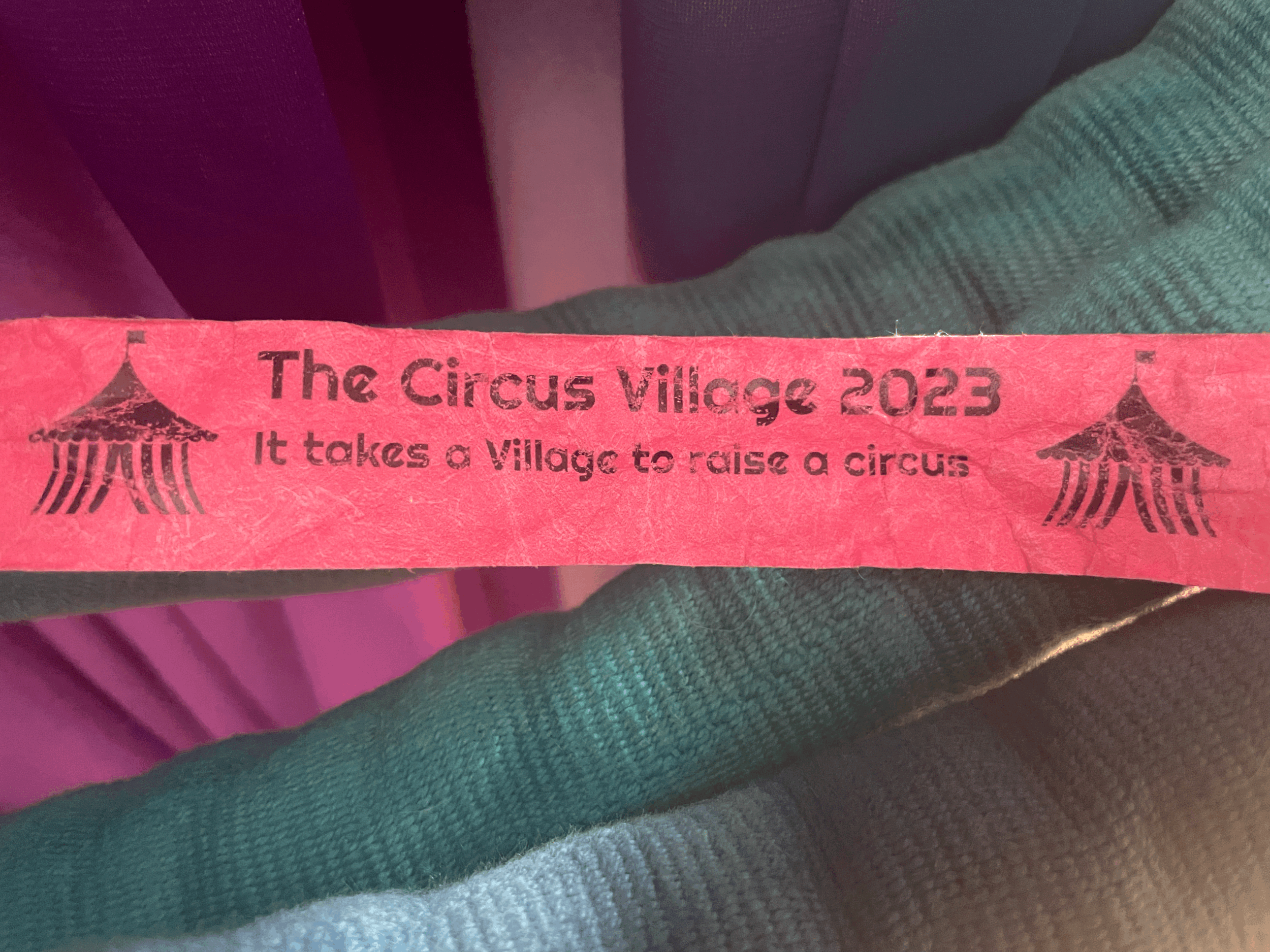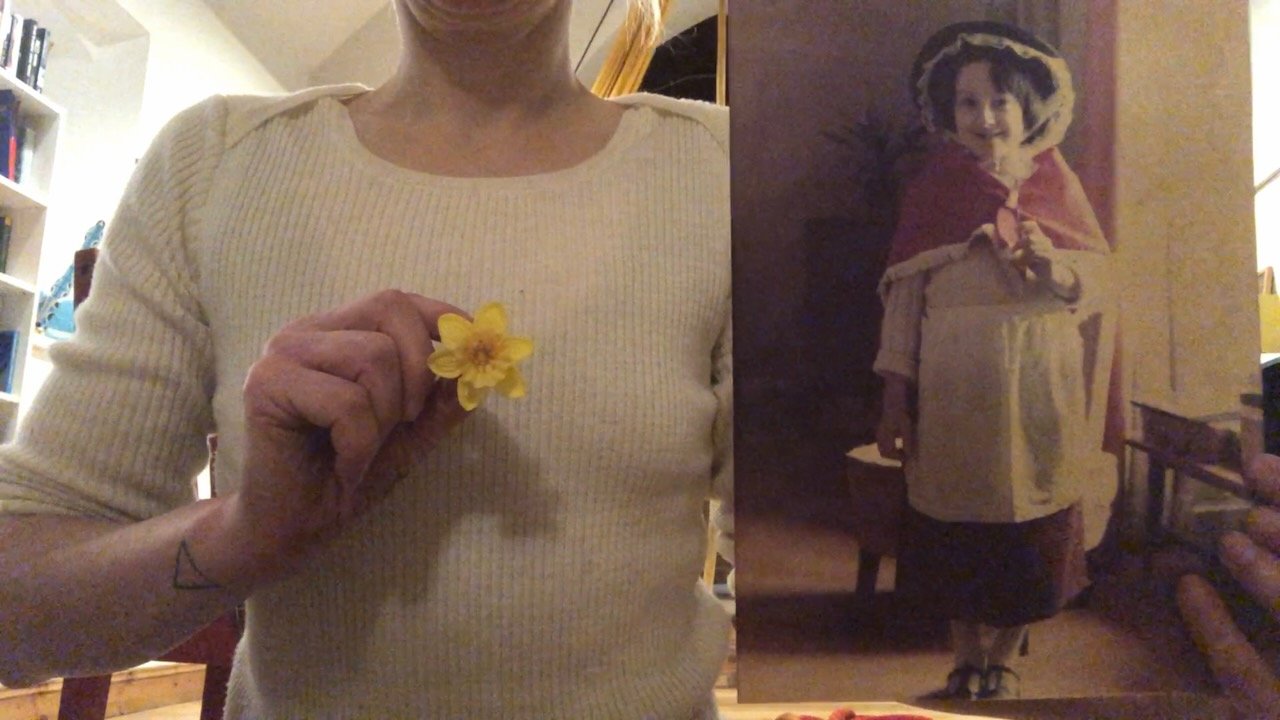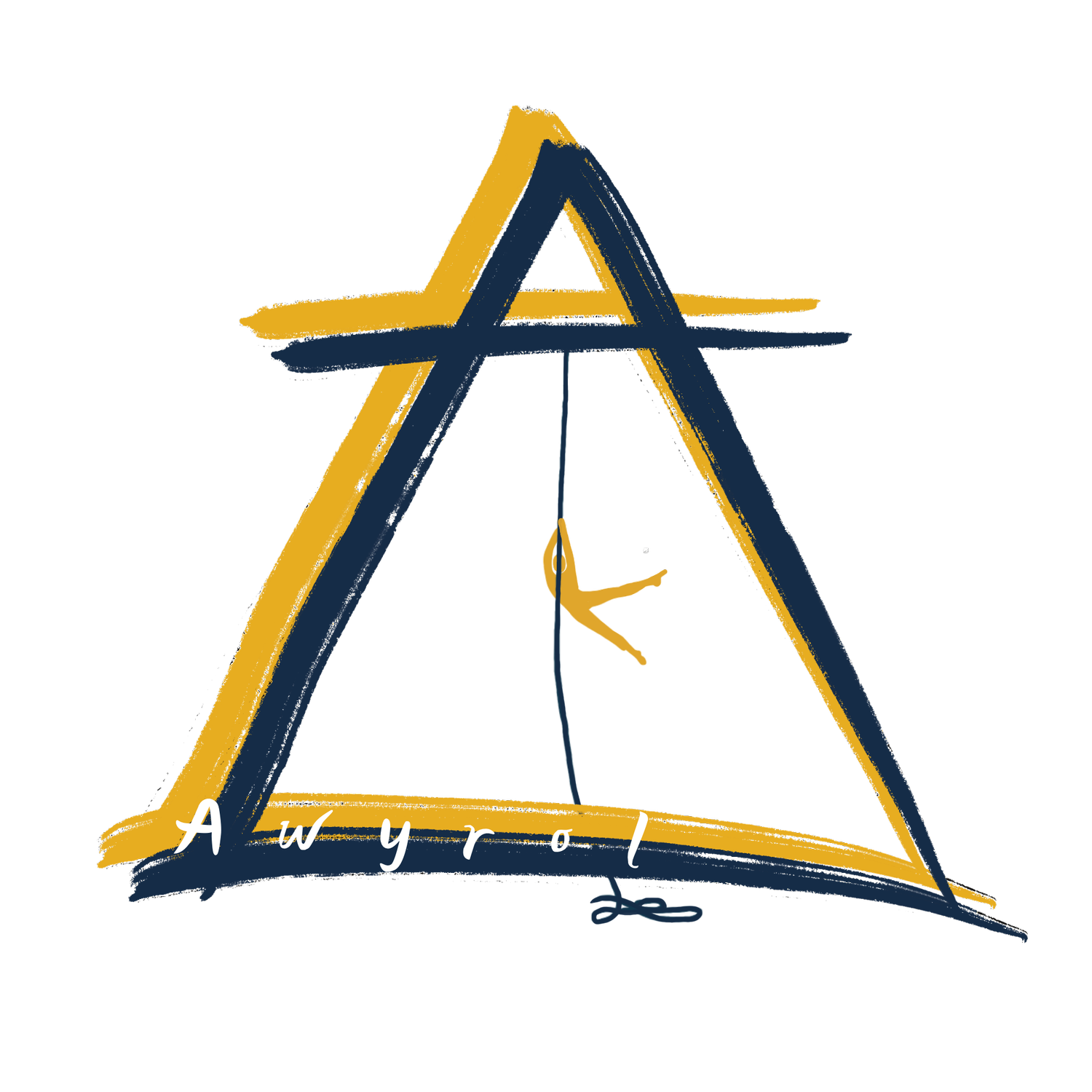
What kind of aerialist do you want to be?
Tl;dr: maybe it’s the one you already are.
Last year, I had a crisis of confidence in the kind of aerialist I thought I was, compared with the one I thought I should be. But we contain multitudes. I worked my way through it and here’s some reframing that helped me make my peace with the many competing demands of a being a practitioner of an athletic artform.

Talking about circus injuries
Why you should talk about injuries (when you want to) AND why you shouldn’t have to (when you don’t)
My 2023 round up in injuries and illness. In a previous blog post, I talked about creating a culture that normalised talk around injuries in circus. I still think that’s important. But it’s also ok to draw in and expend your energy differently if you’re dealing with an injury.

Why do you want to train THAT skill?
Why do you want to train THAT skill? It can be so easy to get swept up on the tide of wanting a popular technical skill, or to think that you've got to achieve a particular skill 'milestone' before you have fully and finally arrived as an aerialist. Here I offer some questions that might help you assess what you really want or need from the skills you think you should be training.

The long and short of it.
Why does it take so much time to acquire some aerial skills and no time at all to gain others?
Why are some aerial skills so hard for me? Why is it taking me so long to get this aerial skill when everyone else in my class/studio/on IG seems to find it easy? These are all questions many of us may have found ourselves asking our coaches or ourselves.
But what if you thought of your aerial skill acquisition as a story you are both writing and reading to enrich your practice?

On age & ageing in circus (Part 1)
Am I too old to do aerial circus?
The short answer is no. Depending on your age, general health and movement history you might need to change your expectation of the kind of aerial you want to do, or the career you can expect. But if you want to find your joy in the air, then there are many different ways of making aerial accessible to all bodies. And there are also ways to practice from your teens onwards that focus on longevity of your health and career.

Circus Village
How do you carve out time for creative practice?
On teaching and creating under the big tops at the 2023 Nofitstate Circus Village, Swansea, South Wales

Daffodils & sequins
What small changes can you make to optimise your aerial training?
March 1st is St David's Day when we celebrate all things Welsh. (Yes, this is me getting sent to school in traditional Welsh costume age 7 holding a daffodil.) The famous last words of St David were to 'do the little things' (gwewch y pethau bychain). In a world like aerial circus that is founded on spectacle, can we find and celebrate the 'little' things that we do to support our practice, lurking amongst the big tricks, splits and sequins?

Injuries & emotions
How do aerialists cope with injuries?
I find it hard to talk about my own injuries because I'm worried people will judge me or think I'm a 'bad' aerialist or worse, a bad coach. But this only perpetuates a culture of anxiety. How can we normalise talking openly about aerial circus injuries? And if we accept that injuries can happen when we train in any athletic discipline no matter how carefully we implement prevention strategies, how do we getting better at coping with how we feel about them?

Small acts of self-care
How do you regulate your emotions in your aerial training?
One thing that we can habitually overlook in our aerial practice is how to regulate our emotional responses to the rigours of an artform that is as athletically demanding as it is aesthetic. I've often observed myself (and my students) spiraling into self-criticism about progress that is rarely helpful.
In this month's blog, I talk about the value of setting a simple intention for an act of self-care every time you train. This derives from my experiences working with a psychotherapist to co-devise aerial sessions for young people with mental health challenges, part of Arts Boost, a pilot scheme researching the "transformative power of the arts to reduce psychological distress" and promote emotional resilience.
